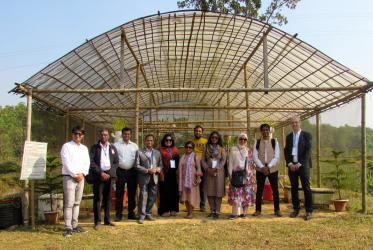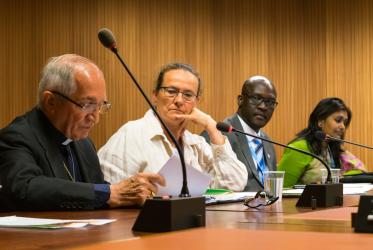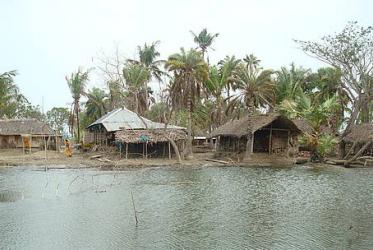Displaying 1 - 13 of 13
27 October 2021
Workshop in Bangladesh links climate, economic justice
07 February 2019
GEM school ends with hope for a better tomorrow
08 September 2016
A just financial and economic architecture is possible, students find
08 September 2016







